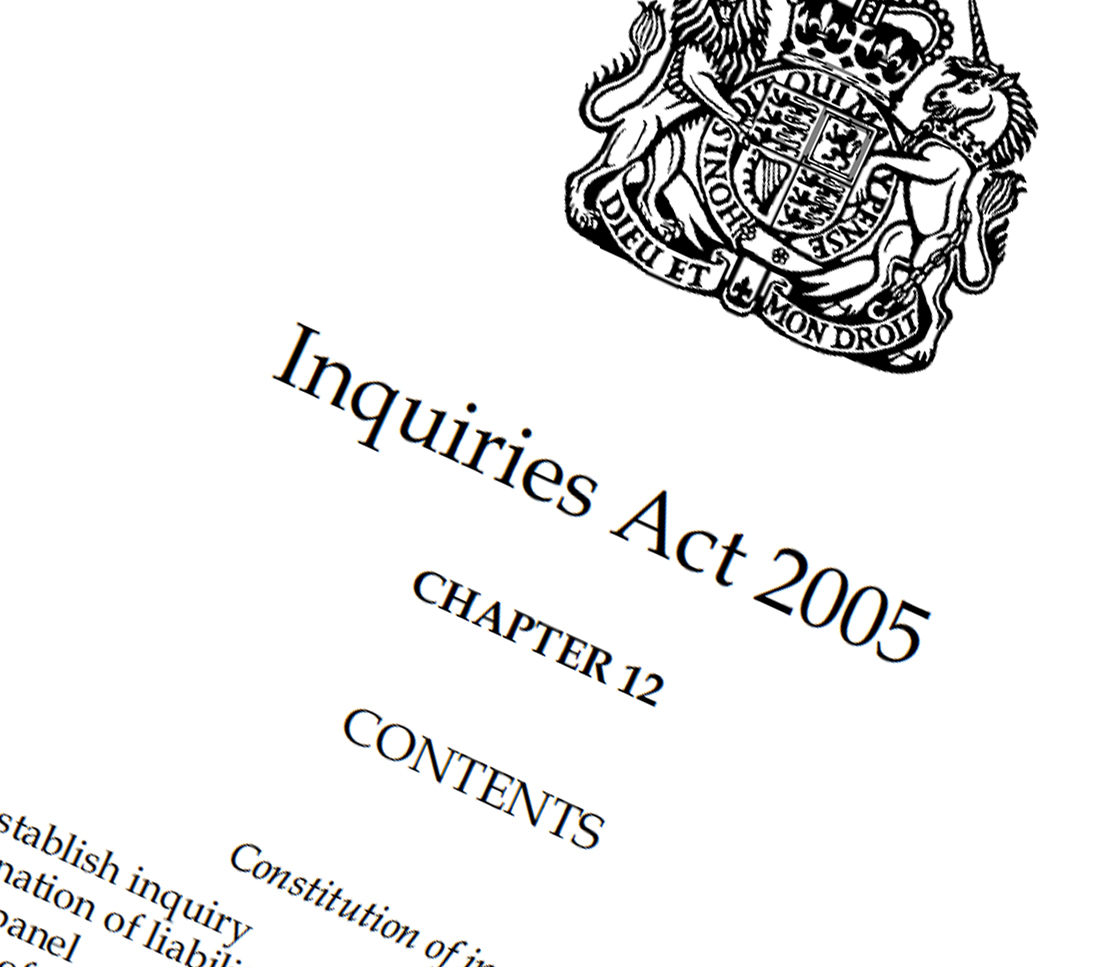Latest
-

What is the history of the Liberal Democrats and where do they stand today?
The Liberal Democrats have long been considered the third party in UK national politics. At their height, the Liberal Democrats held 62 seats, a result they achieved under Charles Kennedy’s leadership at the 2005 General Election. Since the end of the Coalition Government in 2015, however, the Liberal Democrats have struggled electorally, but the polls…




